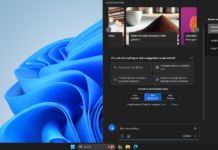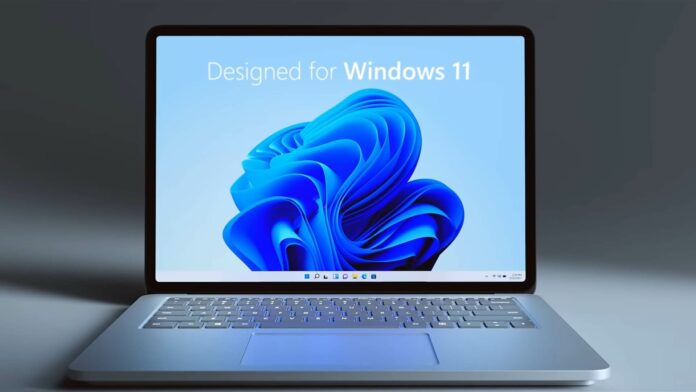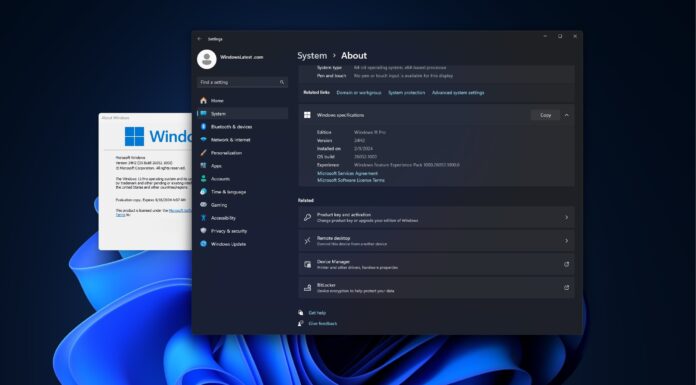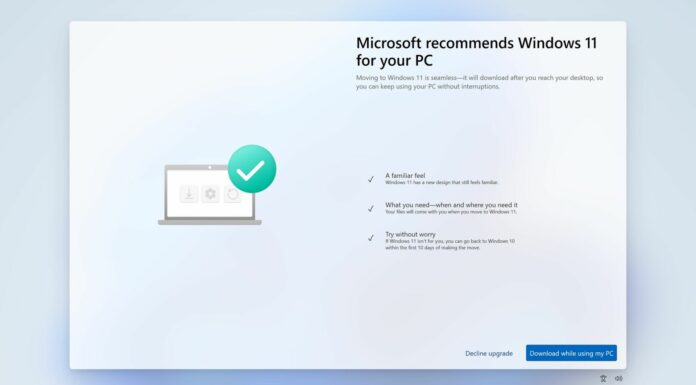KB5023706 – Windows 11 March 2023 update – causing several user issues, including slower performance, problems when downloading the update itself, and more, according to Microsoft’s Feedback Hub reports. This mandatory update will download and install automatically, depending on your Windows Update settings.
As per reports on forums and our comments section, here’s a list of all reported bugs in Windows 11’s March 2023 update:
- Updates failing with unhelpful errors: 0x80070103, 0x8000ffff, 0x80073701, 0x8007007e, 0x800f081f.
- SSD is slower than usual: This is fixed when users uninstall the update and go back to February 2023 update patch
- Blue Screen of Death in rare cases.
- If you use apps like Start11 StartAllBack, and ExplorerPatcher, update them, as these tools may not work correctly after installing the latest monthly cumulative updates.
Other reported problems include system tray and notification spacing issues, Bluetooth, and more, which are not widespread.
Windows 11 KB5023706 issues
KB5023706 is a mandatory Patch Tuesday update for Windows 11 22H2 and is one of the biggest cumulative updates for the OS. This update has several intriguing features like the tablet-optimized taskbar, prepares File Explorer for future improvements, a new Task Manager with the search bar, better themes support and more.
As per the posts in the Feedback Hub, Windows 11 KB5023706 installation is failing with the following error messages: 0x80070103, 0x8000ffff, 0x80073701, 0x8007007e, and that old classic, error 0x800f081f. However, these error messages do not necessarily mean your device has a problem.
These are typical unhelpful messages that Windows Update sometimes produces when things go wrong in the installation process. In most cases, Windows 11 will try to attempt the download and fail again with the same error message, as highlighted by one of the affected users.
“The machine download and attempts to install yet fails with error code 0x800F081F. The February (2023-02) CU was updated without issue. The issue began when an optional update was offered. All CMD functions SFC/DISM run, Software distribution was renamed, and I even tried to update the machine from the Microsoft Catalog,” one user noted.
Alleged SSD performance issues
Not only are these updates fail to install, but some people have also reported their PCs are slower to boot and act more slowly than before – for example, apps take longer to load up apps.
“Tanked my SSD nvme reading and writing speeds, as A LOT. Went from 7000 to 3000, sometimes 1000 using the balance energy profile in my Legion 5 2021. Just uninstalled the cumulative update, and my SSD is reaching the 7000 read speed again, and Windows is snappy again. So there’s a huge problem with this one,” one of the affected users noted.
We do not consider reports of performance issues widespread, meaning not everyone will be affected. Our testing showed that Windows 11 KB5023706 does not slow down our systems.
In rare cases, this update is also causing people to notice Blue Screen of Death errors – which can seriously impact the experience of Windows.





















